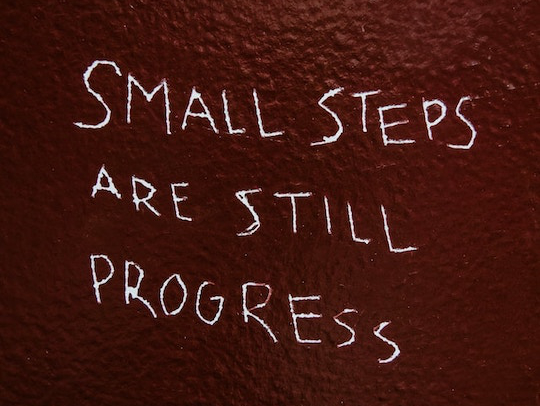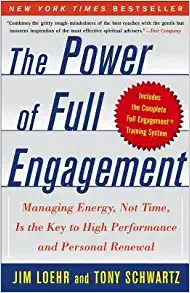What are your most restorative activities? How can you use them as natural remedies to pick you up or calm you down when needed?
—Calm App Reflection
Meditation, exercise, and sleep are three of my most restorative activities.
Whenever I find myself a bit off my game or feel out of sorts, I go to these habitual activities to renew and restore my balance and well-being.
When meditating, the focus is often on the breath where the inhale picks you up and the exhale calms you down.
Knowing this is not enough.
It’s in the daily practice that we ingrain the capacity to routinely smooth out the rough edges of our lives.
EXERCISE:
What activities do you use to pick you up and calm you down throughout your day?
Consider exploring this subject with friends and family to expand your repertoire of options.












